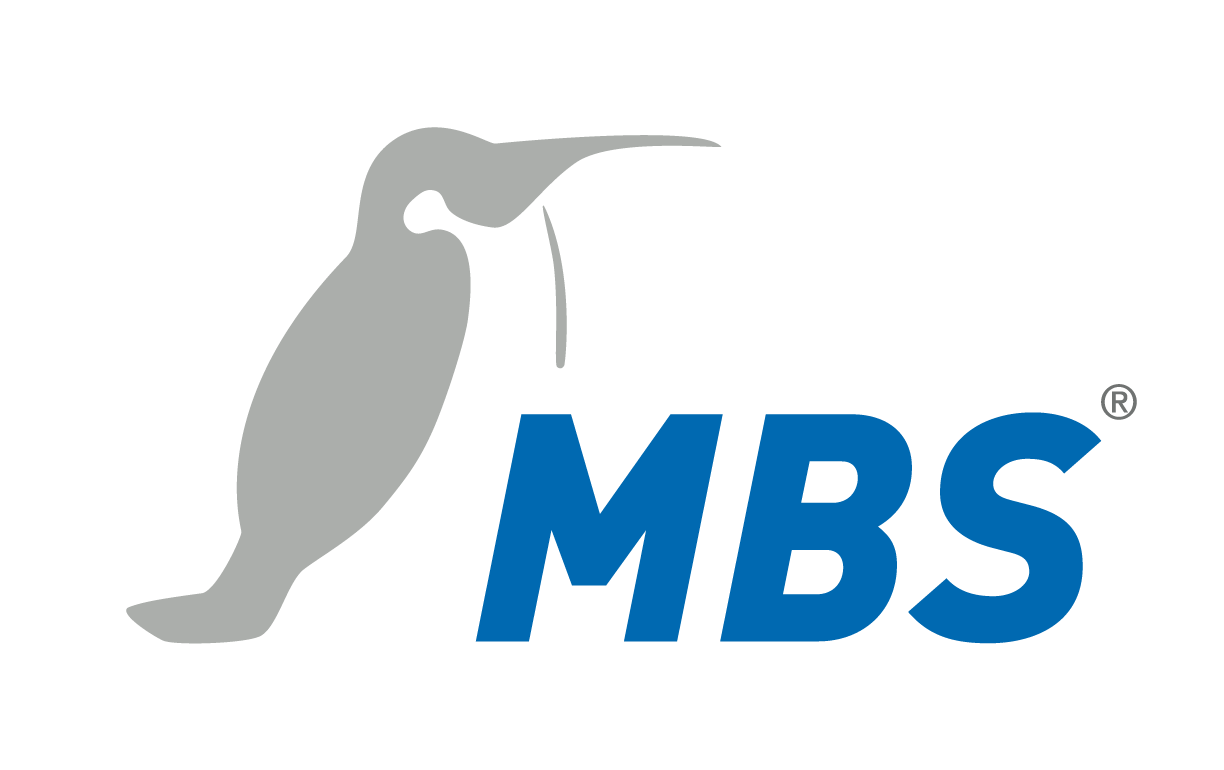Beispiel für eine MQTT-Konfigurationsdatei mqtt1.cfg
#
# Configuration file for Drv.mqtt
#
# Section: USER
# Entries:
# Name Type Range Description
# Host string [16384] Host name or IP address (Default:'127.0.0.1')
# Port int Port for TCP connection (Default:1883, TLS:8883)
# ClientID string [16384] Client ID for connection (no Default)
# User string [16384] User name for authentication (no Default)
# Password string [16384] Password for authentication (no Default)
# PreTopic string [16384] First topic level for publish and subscribe messages (Default: none)
# DefaultQoS int 0..2 Default QoS for data points (Default:0)
# DefaultRetain int 0..1 Default retain flag for data points (Default:0)
# WillTopic string [255] Last will topic for connection (no Default)
# WillMessage string [255] Last will message for connection (no Default)
# WillRetain int 0..1 Last will retain flag for connection (Default:0)
# WillQoS int 0..2 Last will QoS for connection (Default:0)
# WillFlag int 0..1 Last will flag for connection (Default:0)
# CleanSession int 0..1 Clean session flags for connection (Default:0)
# KeepAlive int Keep alive interval in seconds (Default:60)
# Payload string [31] Payload format (Default:'' like 'value')
# 'value' => send '23.4'
# 'json' => send '{"value":23.4}'
# 'influx' => send '<dp_name> <val_name>=23.4 <timestamp>'
# Encryption string [16384] Use encryption (Default:''). The input is case insensitive.
# '' => Use encryption for port 8883, elso don't.
# 'Off' => No encryption for every port.
# 'On' => Use an encrypted connection.
# Automatically use the highest TLS version supported by the broker.
# 'SSLv3_0' => use at least SSL Version 3.0
# 'TLSv1_0' => use at least TLS Version 1
# 'TLSv1_1' => use at least TLS Version 1.1
# 'TLSv1_2' => use at least TLS Version 1.2
# 'TLSv1_3' => use at least TLS Version 1.3
# AzureMode bool 0..1 Set this to true to connect the gateway to the Azure IoT Hub.
# The driver will automatically publish and subscribe on Azure IoT Hub mqtt topics. (Default: false)
# AzureAdrProperty string [16384] If the AzureMode is activated, every publish and subscribe uses this property name for the address of the datapoint.
# PublishInvalid bool 0..1 Also publish invalid values (Default: 0)
#
# Section: TLS
# Entries:
# Name Type Range Description
# DontVerifyCert bool Don't verify the certificate of the broker (Default: false)
# UseSystemCACerts bool Use the CA certificate from the operation system to verify the broker certificate.
# If this is set to false, a pem file has to be uploaded that contains trusted CA certificates. (Default true)
# SNI string The SNI to connect to. If not set, no SNI is set. (Default: '')
#
# Section: INTERNAL
# Entries:
# Name Type Range Description
# Timeout int Timeout for TCP reply in milliseconds (Default:10000)
# IOTimeout int Timeout for TCP IO operations in seconds (Default: 5)
# Timer int Timer for main loop in milliseconds (Default:500)
# MaxActionsPerLoop int Max. number of actions to process per main loop (Default: 1)
# MaxPending int Max. pending PUBLISH messages (Default:100)
# UseAnsiLog int 0..1 Coloured log output (Default:0)
# SysPreTopic System command pre topic name (Default:'cmd')
# ResultTopic strint [32] This topic level is appended to result messages from the device to the broker (Default: result)
# SysQoS int 0..2 System QoS for connection (Default: DefaultQoS)
# ScanBACnet int 0..1 Enable BACnet scan (Default:0)
# EditDrvConfig bool 0..1 Edit driver configurations file via mqtt messages (Default: 0)
# ScanRemove int 0..1 Remove scan result file after PUBLISH (Default:1)
# DatapointTimerPerHour int 0..1 Set default datapoint timer mode to "per hour" (Default:0)
# MaxPublishSize int Set the maximum payload publish size in byter. If the payload publish size is greater than
# this value, the message is splitted into mutliple chunks. If set to 0,
# no max publish size is used (Default: 0)
# ChunkTimeout int The time in seconds to wait for the next chunk. If this timeouts, the message that belongs to the chunk is dropped. (Default: 300)
# MaxLogSize int The maximum size for datapoint log files. Set to 0 to disable a maximum log size (Default: 1 000 000 bytes)
#
# Section: PAYLOADS
# Entries:
# Name Type Range Description
# PlaceholderBegin char Start of a placeholder in a format definition file (Default: '<')
# PlaceholderEnd char End of a placeholder in a format definition file (Default: '>')
# PlaceholderValue char Defines the placeholder as an value (Default: '$')
# PlaceholderEscape char Escapes one of the placeholder characters (Default: '\')
# UnknownValue string [16] Representation of an unknown value (Default: 'null')
# TimeFormat string [64] Time format for time values (Default: '%FT%T%z' ISO 8601)
# The format specifiers are defined as in the c function strftime()
# StampMilliSeconds bool If enabled, the time stamps will be milliseconds instead of seconds (Default: OFF)
#
[USER]
Host = 127.0.0.1
Port = 1883
ClientID =
User =
Password =
DefaultQoS = 0
DefaultRetain = 0
WillTopic =
WillMessage =
WillRetain = 0
WillQoS = 0
WillFlag = 0
CleanSession = 0
KeepAlive = 60
KeepAlive = 60
Payload =
Encryption =
PreTopic =
AzureMode = 0
AzureAdrProperty = adr
PublishInvalid= 0
[TLS]
DontVerifyCert = 0
UseSystemCACerts = 1
SNI =
[INTERNAL]
Timeout = 10000
IOTimeout = 5
Timer = 500
MaxActionsPerLoop = 1
MaxPending = 100
UseAnsiLog = 0
SysQoS = 1
EditDrvConfig = 0
SysPreTopic = cmd
DatapointTimerPerHour = 0
MaxPublishSize = 0
ResultTopic = result
MaxLogSize = 1000000
[PAYLOADS]
PlaceholderBegin = <
PlaceholderEnd = >
PlaceholderValue = $
PlaceholderEscape = \
UnknownValue = null
TimeFormat = %FT%T%z
StampMilliSeconds = OFF

